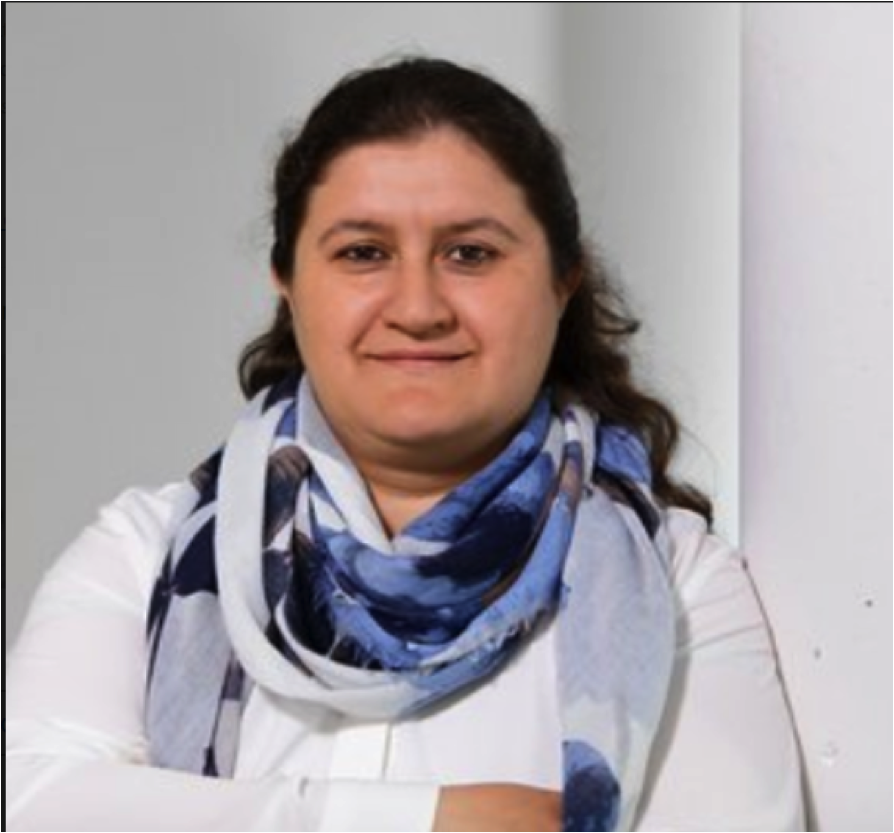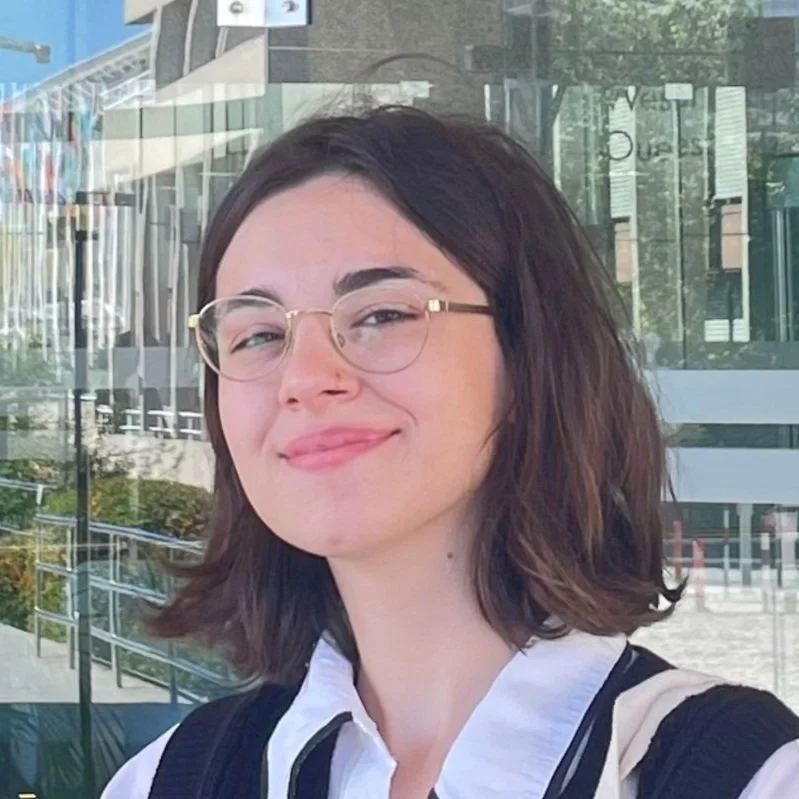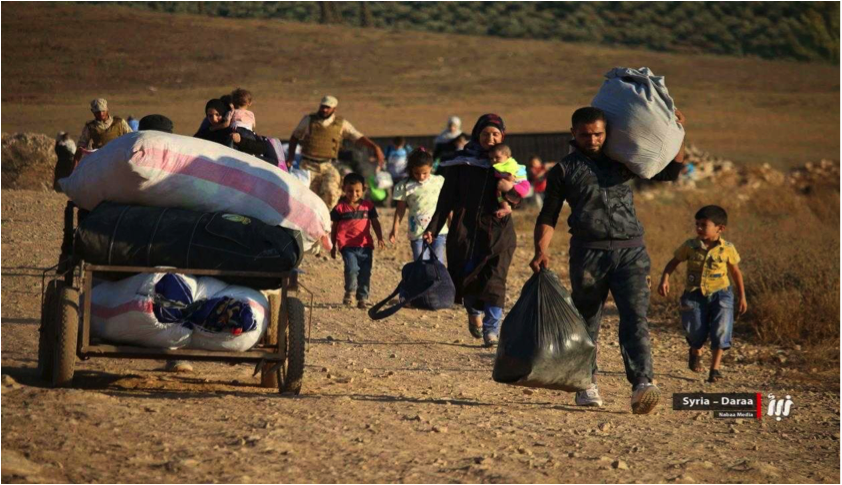As an independent, non-profit organization, BICC (Bonn International Centre for Conflict Studies) deals with a wide range of global topics in the field of peace and conflict research. Our vision is a more peaceful world. Our mission is to conduct critical, problem-oriented, policy relevant research in response to the problems posed by organized violence.
To do so, we engage in active exchanges with scholars and politicians as well as stakeholders in everyday practice and civil society. As a think tank, BICC seeks to engage in a dialogue with NGOs, governments, private organizations, research institutes and universities and well as with interested individuals.
BICC’s work is based on a ‘knowledge circle’, which intends to bridge the gap between research and practice. We believe in mutual learning processes. With our applied research, being credible, relevant, and legitimate, we aim to have an impact on political and social processes. At the same time, our practical experiences and interactions with non-academics should open up avenues for further academic research
Zeynep Sahin-Mencütek I Co-Coordinator
Zeynep Şahin Mencütek is currently Senior Researcher at Bonn International Centre for Conflict Studies (BICC), where she led a comparative project on return and reintegration in February 2023. She is also Research Affiliate with Canadian Excellence Research Chair in Migration and Integration, Toronto Metropolitan University and conduct joint research on the thematic area of Governance of Migration in a Globalizing World. She held the prestigious Alexander von Humboldt Research Fellowship for Experienced Researchers (June 2020–May 2021) and an international fellowship at the Centre for Global Cooperation Research in Duisburg (2019–2020). She also served as Senior Researcher for the Horizon 2020 project RESPOND: Multilevel Governance of Mass Migration in Europe and Beyond. Previously, she worked as an Assistant Professor in Turkey, and in 2018 achieved the rank of Docent in the field of international relations. Zeynep received her PhD in politics and international relations from the University of Southern California in 2011. Her research interests in comparative migration studies, migration governance, diaspora studies and return migration. she has published in a wide variety of international peer-reviewed journals in the area of migration, such as Journal of Refugee Studies, Comparative Migration Studies, as well as journals in the area of international politics, including Geopolitics, Journal of Global Security Studies, International Studies Review. Besides dozens of book chapters, she also published monograph, Refugee Governance, State and Politics in the Middle East(Routledge 2018) and recently co-author book, Syrian Refugees in Turkey (IMISCOE Series, 2023).
Lamis Saleh
Lamis holds a PhD in Economics from the University of Hamburg (2020) with a dissertation focused on violent behavior among refugees and a Msc in Economics (minor Politics) from the University of Freiburg (2015) with a focus on the link between refugee flows and terrorism.
In 2021, Lamis joined BICC in the project titled “Supporting Small Arms and Light Weapons Control in Africa” as a Senior Researcher. Her work focuses on the quantitative assessment of the possession and proliferation of small arms and light weapons in East Africa.
Prior to joining BICC, Lamis worked as a consultant Senior Economic Researcher for the Ministry of Planning and Economic Development in Cairo, Egypt. Previously, she worked from 2017 to 2020 as a research assistant at the Institute of Law and Economics (ILE), University of Hamburg in the project titled “Violence, Flight and Socio-Economic Behavior: A Field Study among Syrian refugees in three Asylum Countries (Germany, Jordan and Egypt)”. Within her role in the project, Lamis conducted numerous lab and field experiments with more than 1400 Syrian refugees in the three countries mentioned -one was in the Zaatari refugee camp in Jordan- as well as other experiments in Tunisia and Lebanon.
In 2015 and 2016, Lamis worked as a registration associate at the United Nations High Commissioner for Refugees (UNHCR) in the Africa operations in Cairo, Egypt.
Katja Mielke
Katja Mielke, PhD, works as Senior Researcher at the Bonn International Centre for Conflict Studies (BICC). She has conducted research in the field of forced migration studies and migration-related issues such as governance, so-called diaspora studies, mobility, and translocal dynamics over the last years with a focus on transnational governance of/ and mobility dynamics of people on the move between South Asia (Afghanistan/ Pakistan) and the Middle East (Iraq) and migration destinations around the world, including in Germany. She participated in several collaborative research networks, such as the Horizon 2020 project “Transnational Figurations of Migration” (TRAFIG) and most recently a comparative research project at BICC on return and reintegration (“Trajectories of reintegration: the impacts of displacement, migration and return on social change”), funded by the German Federal Ministry for Economic Cooperation and Development (BMZ).
Daphne Wolf
Daphne Wolf is a student assistant at the Bonn International Centre for Conflict Studies (BICC), supporting the GAPs project. She collects data on asylum policy and legislation frameworks in Germany. She is currently enrolled in the Law program at the Rheinische Friedrich-Wilhelms University of Bonn, specializing in International Public Law and Human Rights Law. Previously Daphne has interned at the Social Welfare Department in Chemnitz, Germany, where she assisted the implementation of the Asylum Seekers Benefit’s Act. In 2022 she spent a semester studying at the Aristoteles University Thessaloniki, focusing on International Migration and Asylum Law, as well as immigration and Greek criminal law.
Anna Ungiadze
Anna Ungiadze is an intern at the Bonn International Centre for Conflict Studies (BICC), supporting the GAPs project. She is currently completing her MA in Peace Research and International Relations at the University of Tübingen, simultaneously working as a research assistant at its Political Institute. She holds a BA in International Relations from the Ivane Javakhishvili Tbilisi State University. Anna has previously worked at various institutions, including the Embassy of Georgia to Finland, the U.S. Embassy to Georgia, and Transparency International Georgia. She also is a recipient of several Erasmus+ scholarships, as well as the DAAD scholarship.










Morocco occupies a strategic position south of the Strait of Gibraltar, at the crossroads of migratory routes between sub-Saharan Africa and Europe. This geographical location confers upon Morocco both a pivotal role in migration flows and significant political leverage in its negotiations with the EU. Consequently, Rabat claims a differentiated treatment compared with other African states. Since 2000, the European Union (EU) has aimed to establish a readmission agreement with Morocco[1]. Such an agreement would facilitate the return of both Moroccan nationals and third-country nationals (TCNs) transiting through Moroccan territory who are deemed undesirable within the EU. After more than twenty years of negotiations, no agreement…